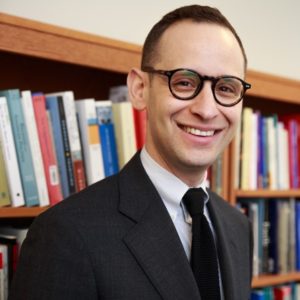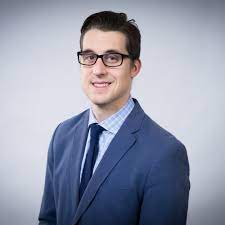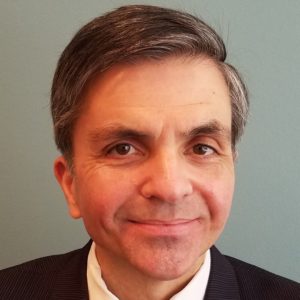The New Whiggery Fellowship aims at retrieving and discussing the best of the Anglo-American tradition of ordered liberty. The central activity of the Fellowship is a seminar that will meet at least three times monthly on Wednesday nights. Dinner will be available prior to the seminar meetings at 6:00 PM, and the meetings will run from 6:30 PM to 8:00 PM in the IRD office at McPherson Square (1023 15th St NW, Suite #200, Washington, DC 20005). The Fellowship will additionally feature several field trips and an off-site retreat in .
The Fellowship will be led by Erik Matson, Senior Research Fellow at the Mercatus Center, Deputy Director of the Adam Smith Program in the Department of Economics at George Mason University, and a Lecturer at the Busch School of Business at the Catholic University of America. He will be joined monthly by Sam Goldman, Associate Professor of Political Science at George Washington University, Executive Director of the John L. Loeb, Jr. Institute for Religious Freedom, and Director of the Politics and Values Program. Goldman, additionally, is the author of God’s Country: Christian Zionism in America (2018), and After Nationalism (2021). There will be other guest speakers as well.
See below for information on how to apply to the Fellowship.
Readings and Central Themes
The Fellowship offers a guided study of the core ideas of the classical liberal tradition—a tradition at the heart of the American Founding. The classical liberal tradition orients around the presumption that each person ought to be permitted to pursue his or her interests, in his or her own way, within the rules of justice. That presumption emerged largely out of a Christian worldview emphasizing the fixedness and fallenness of human nature and the dignity of the individual. The classical liberal tradition advances the proposition that a system of political, economic, and religious freedom within the rule of law is the social order that best promotes the common good of humankind.
Classical liberalism drew from many streams. But it came forth principally in seventeenth- and eighteenth-century Anglo-American discourse. The fellowship program will delve in key primary sources from this discourse, with readings in political philosophy from figures such as Lord Shaftesbury (Anthony Ashely Cooper), John Locke, Baron de Montesquieu, Edmund Burke, James Wilson, James Madison, Mary Wollstonecraft, and Benjamin Constant; in political economy from Francis Hutcheson, David Hume, Adam Smith, Josiah Tucker, Frédéric Bastiat, and Harriet Martineau; and in moral and political theology from Thomas Aquinas, John Calvin, Dirck Coornhert, Richard Baxter, and Cotton Mather. These key sources will be complemented by selections from more contemporary defenders of variants of classical liberalism including F. A. Hayek, Wilhelm Röpke, Milton Friedman, Deirdre McCloskey, and Michael Novak.
The central themes to be explored in the fellowship are: property, justice, and the rule of law; economic freedom; religious freedom and toleration; the dignity of work and the pursuit of honest income; and the relationship between classical liberal philosophy and Christianity.



**NOTE: Participants are expected to complete assigned readings and physically attend sessions. As such, candidates must be in the DC area for the duration of the fellowship.